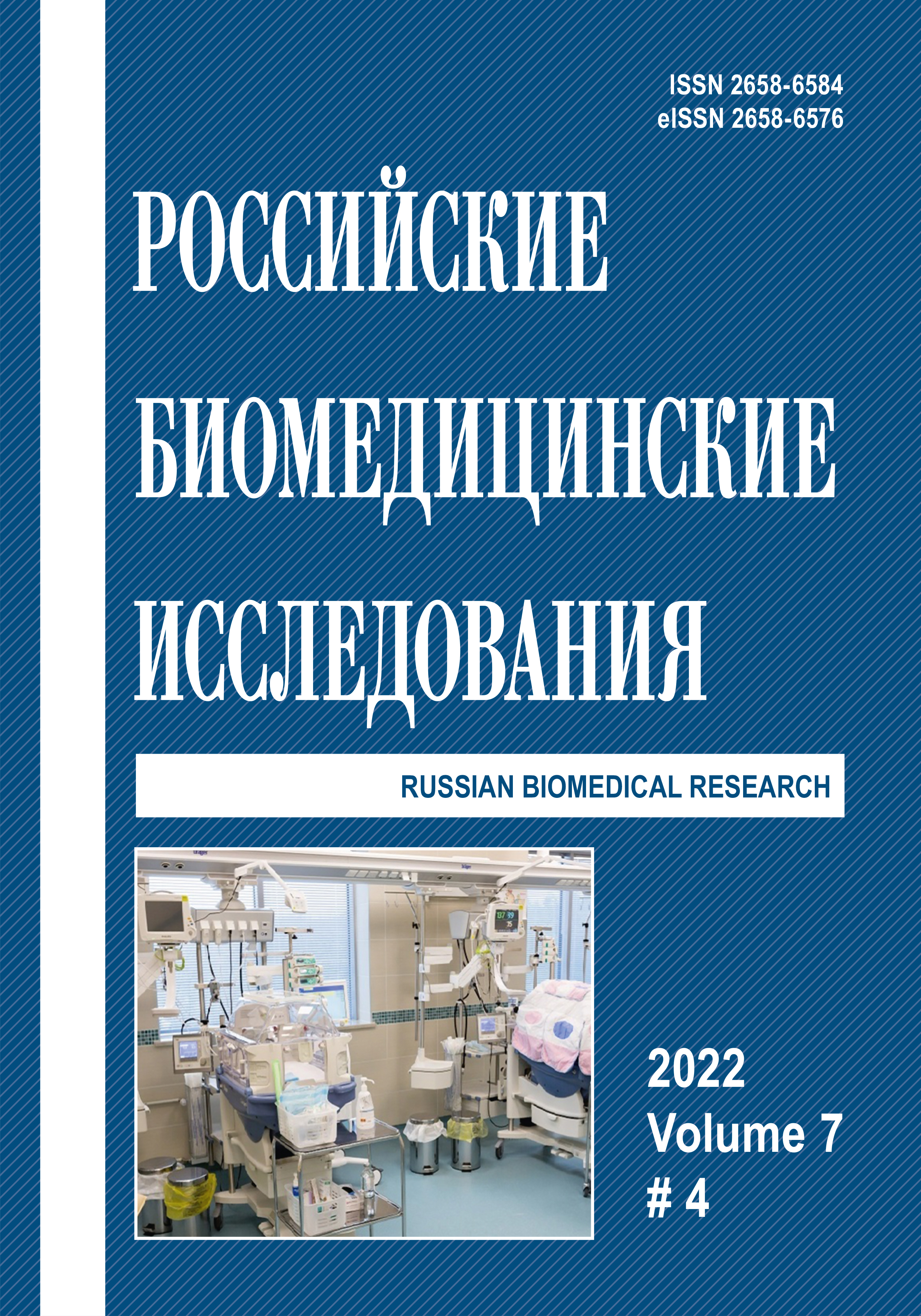The role of heart stroke proteins in the mechanism of immunothrombosis in acute coronavirus infection SARS-COV-2 COVID-19 (literature review)
Abstract
The new coronavirus infection is characterized by disturbed immune response and a state of hypercoagulation, which was described as COVID-19-associated coagulopathy. It is characterized by significant elevation of D-dimer and simultaneous development micro and macrothrombotic complications in arterial and venous systems in many organs. To describe these processes the model of immunothrombosis was proposed, which aims to show complex cooperation between inborn immune response and mechanisms of hemostasis. SARS-CoV-2 virus uses angiotensin converting protein 2 to penetrate and damage endothelial cells with release of intravascular tissue factor, activation of thrombocytes, formation of neutrophils scavengers (NET) and inhibition of anticoagulant component of hemostasis. In this condition, the particular role in immune response belongs to cytokines realize and complement activation. To this concern, the focus of research is concentrated on the study of factors of inflammatory respond regulation, particularly by production of heart stroke proteins (HSP). Further research of the role of HSP as participants of antiviral inflammatory response in new coronavirus infection may give more information about treatment and prognosis of disease.



